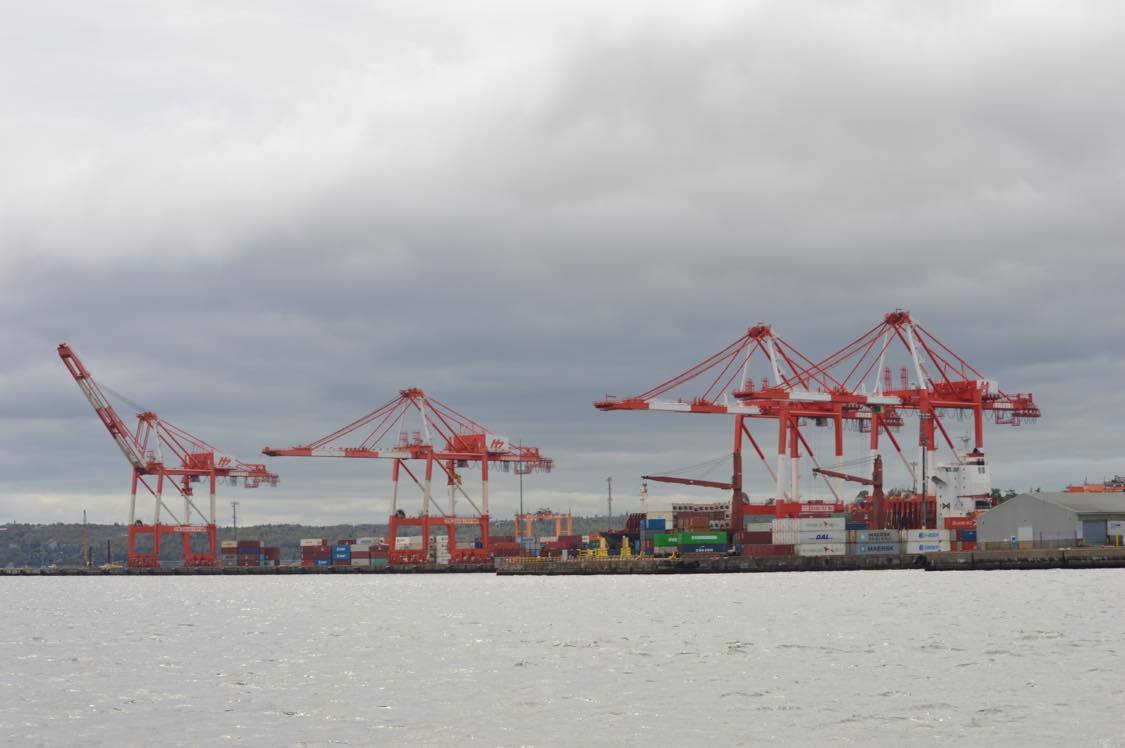A Halifax-bound vessel has been denied entry to the Port of Halifax by the Public Health Agency of Canada as some crew members displayed symptoms that resemble COVID-19.

The Siem Cicero is a cargo ship that left from Emden, Germany on March 9, with a load of cars.
It was supposed to arrive in Halifax on March 20.
READ MORE: Nova Scotians share their firsthand experiences with coronavirus
But on March 17 the Public Health Agency of Canada says it was alerted that several crew members had symptoms “consistent with COVID-19.”
Ships are required to report any illness onboard their vessel at least 24 hours before they arrive in Canadian waters.
The Public Health Agency of Canada (PHAC) says it made the decision to deny the ship’s entry to port under the Quarantine Act in order to “prevent the potential introduction of the novel coronavirus, and to prevent supply chain disruptions at the port of Halifax.”
The PHAC says they continue to monitor the situation.

The crew of the vessel, as well as the shipping agent, have been told they will not be allowed to enter port until 14 days after the last date symptoms appear in the crew.

Get weekly health news
The Siem Cicero was built in 2017, sails out of Liberia and can carry up to 7,000 cars.
Questions about COVID-19? Here are some things you need to know:
Health officials caution against all international travel. Returning travellers are legally obligated to self-isolate for 14 days, beginning March 26, in case they develop symptoms and to prevent spreading the virus to others. Some provinces and territories have also implemented additional recommendations or enforcement measures to ensure those returning to the area self-isolate.
Symptoms can include fever, cough and difficulty breathing — very similar to a cold or flu. Some people can develop a more severe illness. People most at risk of this include older adults and people with severe chronic medical conditions like heart, lung or kidney disease. If you develop symptoms, contact public health authorities.
To prevent the virus from spreading, experts recommend frequent handwashing and coughing into your sleeve. They also recommend minimizing contact with others, staying home as much as possible and maintaining a distance of two metres from other people if you go out.
For full COVID-19 coverage from Global News, click here.









Comments